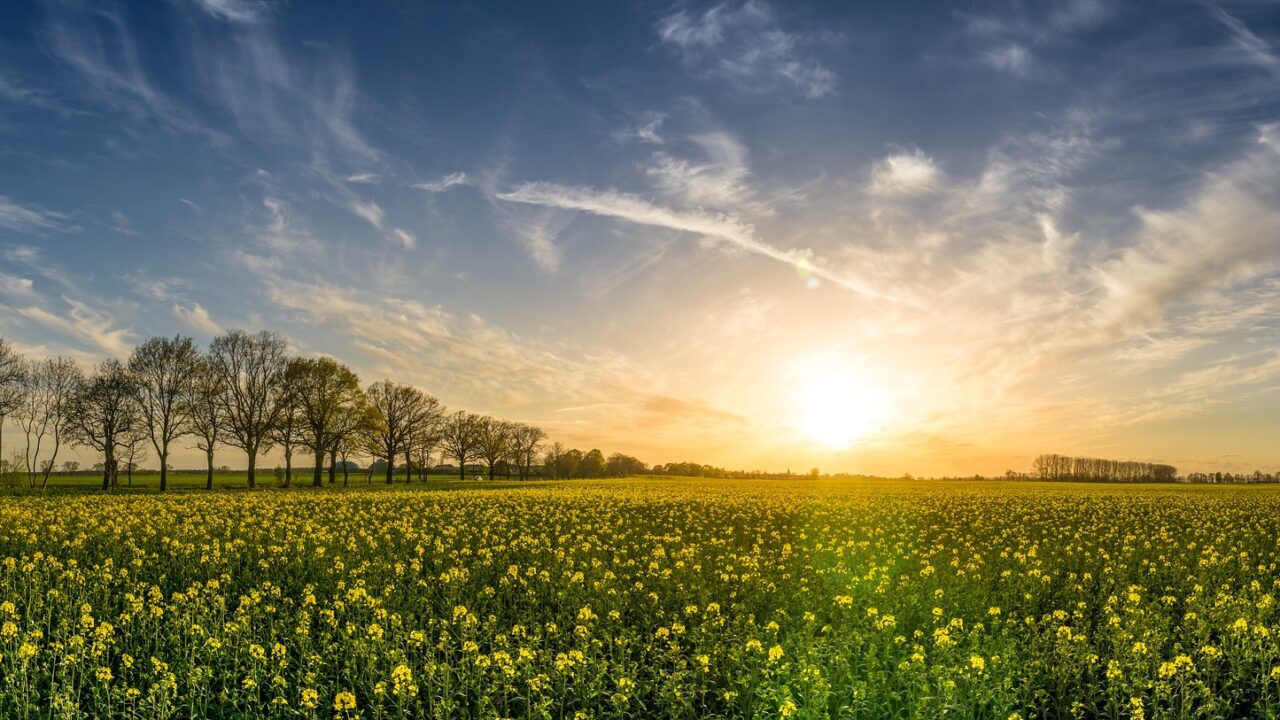May 17, 2025 | 12:56 GMT +7
May 17, 2025 | 12:56 GMT +7
Hotline: 0913.378.918
May 17, 2025 | 12:56 GMT +7
Hotline: 0913.378.918

The current agriculture system in the Netherlands “has reached its limits” and change is needed.
Rabobank, which currently has around €13 billion of exposure to dairy, pigs, poultry, and beef farmers, has warned that its agricultural clients will face a period of transition “towards a more sustainable sector”.
In its latest set of financial results the cooperative bank, which has a global focus on the food and agriculture sector, said that since last June, the agriculture sector in the Netherlands “has been confronted with additional uncertainty about its future”.
In its interim report for the first half of 2023 Rabobank said that since the Dutch government announced its “nitrogen plans”, including nitrogen reduction targets, for the Netherlands in June 2022 the impact has been “particularly significant for farmers”.
“The Dutch government has the ambition to become a global leader in circular agriculture by 2030, which is in line with our climate and nature goals.
“This vision entails a paradigm shift from growth in production volumes and cost price reductions towards optimisation of resource use and food production in harmony with climate and nature,” the bank stated.
However, Rabobank detailed in its interim report that despite extensive negotiations with many stakeholders, which it has also contributed to, no agricultural agreement has been reached.
It highlighted that “the lack of prospects for a sustainable and fair income for farmers” was one of the main reasons an agreement could not be reached.
According to Rabobank it has now updated its agriculture sector visions to incorporate goals for nature, water, climate, biodiversity, and animal welfare during 2023 to 2040.
It also has forecast that farmers will likely require billions of euro in new financing support as a result of the Dutch government’s plans for the sector.
Stefaan Decraene, chair of Rabobank’s managing board, said: “To help the sector make the shift to more sustainable business practices, Rabobank is making €3 billion available in loans.
“With these loans entrepreneurs who have a solid business case will be able to finance adjustments in their operations against favorable conditions and/or with extended grace periods.
“Additionally, Rabobank will make extra advisers available to support farmers in becoming more sustainable.”
(agriland)

(VAN) Fourth most important food crop in peril as Latin America and Caribbean suffer from slow-onset climate disaster.

(VAN) Shifting market dynamics and the noise around new legislation has propelled Trouw Nutrition’s research around early life nutrition in poultry. Today, it continues to be a key area of research.

(VAN) India is concerned about its food security and the livelihoods of its farmers if more US food imports are allowed.

(VAN) FAO's Director-General emphasises the need to work together to transform agrifood systems.

(VAN) Europe is facing its worst outbreak of foot-and-mouth since the start of the century.

(VAN) The central authorities, in early April, released a 10-year plan for rural vitalization.

(VAN) Viterra marked a significant milestone in its carbon measurement program in Argentina, called Ígaris, reaching 1 million soybean hectares measured.